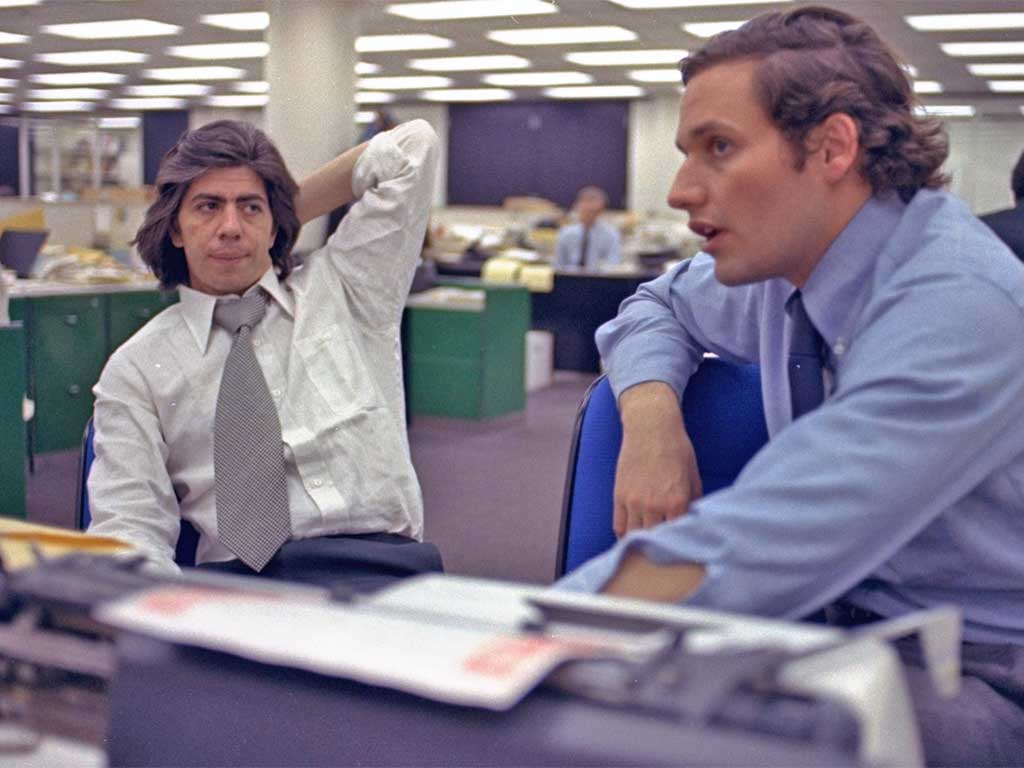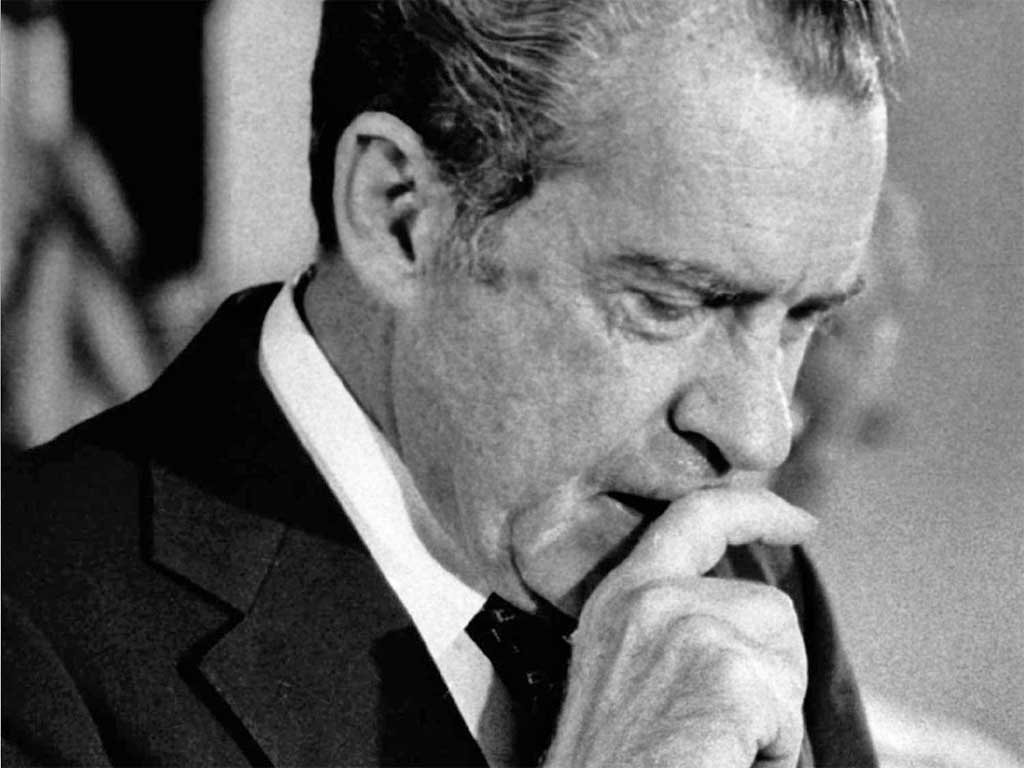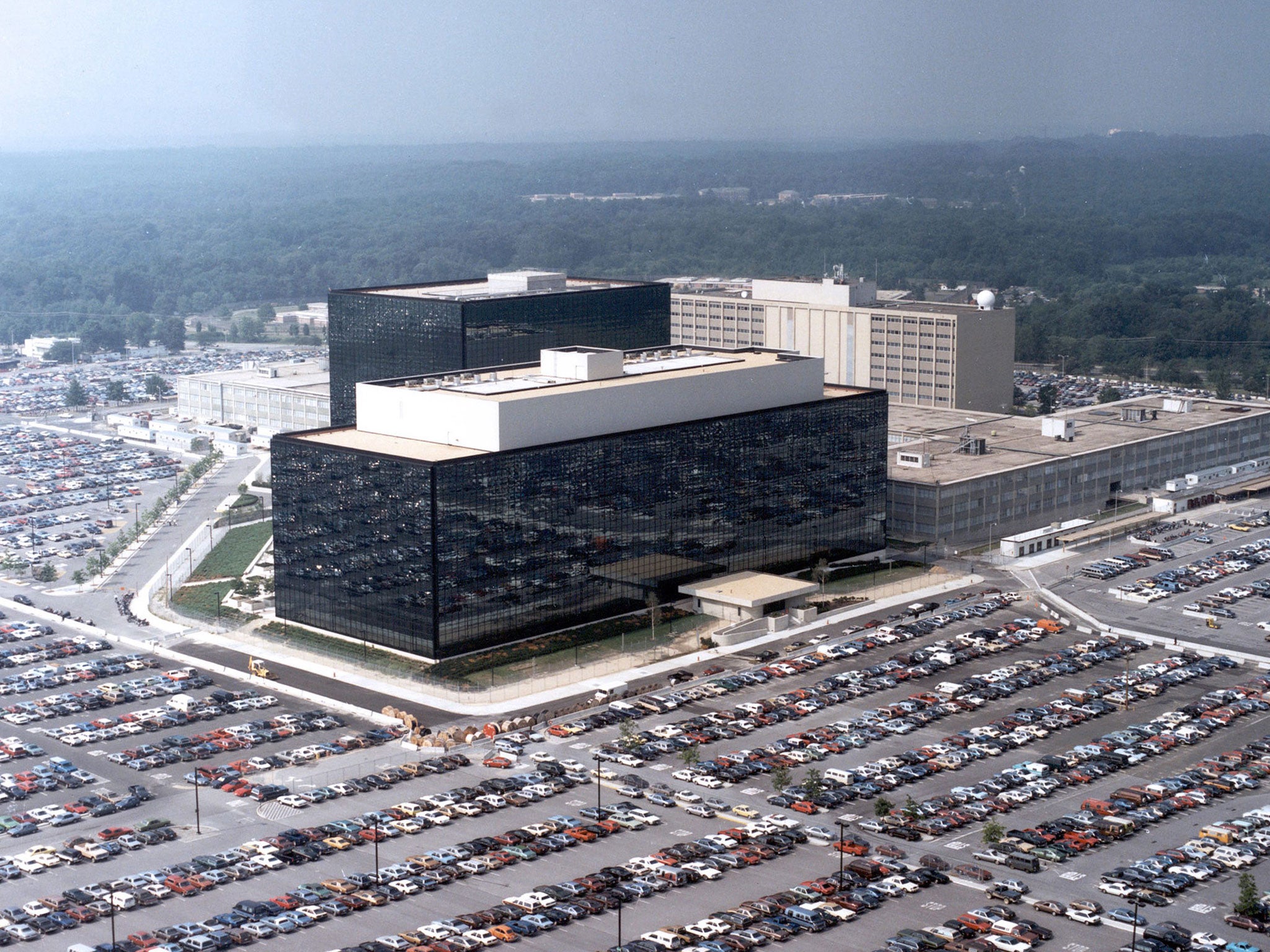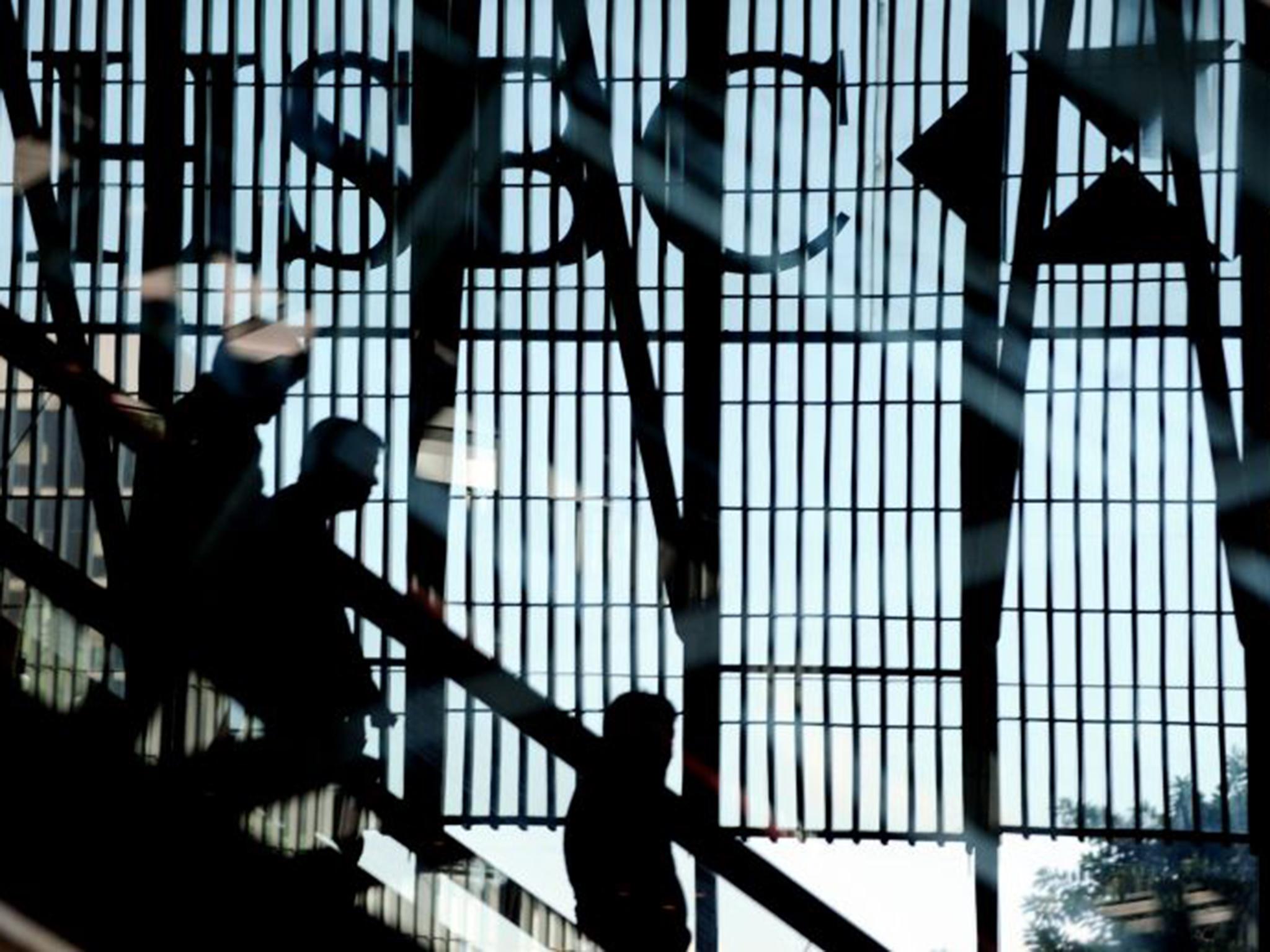Seven things we would never have learnt without whistleblowers
In the wake of William McNeilly's allegations surrounding the Royal Navy, what other claims have whistleblowers brought to our attention?

A Royal Navy submariner's claim that the UK’s Trident nuclear programme is a “disaster waiting to happen” has seemingly placed him in the ranks of whistleblowers who put everything on the line to expose a wider truth.
Seaman William McNeilly, whose claims are strongly denied by the Navy, is now being held by police after handing himself in.
Here are seven other notable whistleblowers - and the stories that might otherwise have remained untold.

Richard Nixon's abuses of presidential power
Possibly the most famous case of whistleblowing, In the early 1970s Mark Felt leaked highly classified documents to two young journalists Bob Woodward and Carl Bernstein at the Washington Post, in a expose that would become the world-famous Watergate.
Mr Felt’s disclosures would eventually lead to President Richard Nixon’s resignation, exposing a myriad of political abuses, and triggered what Vanity Fair described in 2005 as “the most serious constitutional crisis since the 1868 impeachment trial of Andrew Johnson”.
Israel’s nuclear programme
Mordechai Vanunu, a former Israeli nuclear technician, released details of Israel’s nuclear weapons programme to the Sunday Times in the 1980s. He subsequently spent 18 years in jail (11 years of which were reportedly in solitary confinement) before his release in 2004.

Bill Clinton's 'relations' with Monica Lewinsky
The affair that almost brought down the White House was partially exposed by whistleblower Linda Tripp who secretly recorded conversation with Monica Lewinsky in 1998.
She later told the Office of Independent Counsel that Ms Lewinsky had committed perjury when Ms Lewinsky claimed she had not had an affair with Mr Clinton.
British secret service’s failed attempt on Muammar Gaddafi’s life
MI5 officer David Shayler, along with girlfriend Annie Machon, resigned from the British Secret Service in 1996 to expose information alleging criminal activity by the service.
Among the information – some of which was later upheld in court – Mr Shayler claimed that MI6 was involved in an attempt to kill Gaddafi without the permission of then foreign secretary Sir Malcolm Rifkind. The plot allegedly failed but did kill several civilians.

NSA’s illegal wiretaps
Although other – better known – whistleblowers also spoke out about the NSA’s (National Security Agency) violations, Russ Tice was the first to do so.
In 2005 he was the major source for a New York Times expose on the agency’s unconstitutional wiretaps, a piece that later was built on by Edward Snowdon’s extensive revelations.
Systematic NYPD corruption
Over 11 years working for the New York City Police Department Frank Serpico – later immortalised by Al Pacino – uncovered widespread evidence of systematic corruption.
Although Mr Serpico attempted for years to work within the system to prevent changes (making himself hugely unpopular within the NYPD) it was a front page New York Times expose in 1970 that prompted an official investigation.

HSBC helped clients evade millions of dollars in tax
Former computer systems analyst Herve Falciani exposed the fraud in the Swiss arm of HSBC by carrying out one of the biggest data leaks in the history of banking.
Mr Falciani used the confidential data of over 106,000 customers across 200 countries, collected between 2006 and 2007, to expose the bank's actions.
The Swiss authorities have accused Mr Falciani of attempting to sell off the data, but he maintains he exposed a "broken" system.
Join our commenting forum
Join thought-provoking conversations, follow other Independent readers and see their replies
Comments
Bookmark popover
Removed from bookmarks